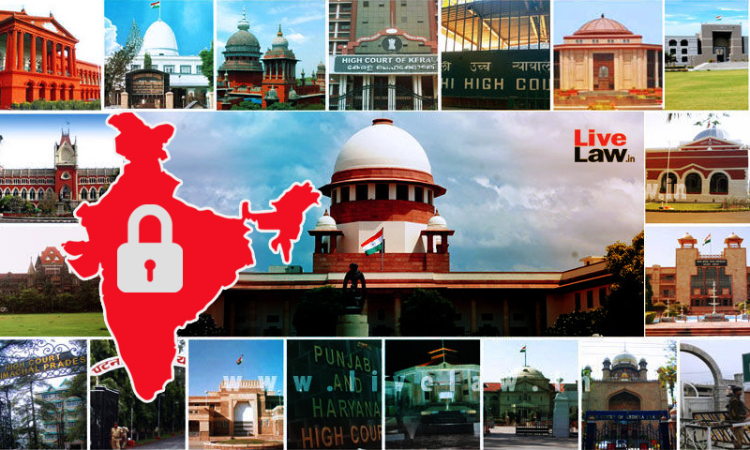21 Notable Judgments/Orders Delivered By Courts During COVID-19 Lockdown
Harsha Asnani and Roopadaksha Basu
7 Jun 2020 10:38 AM IST

Next Story
7 Jun 2020 10:38 AM IST
The outbreak of Covid-19 pandemic has resulted in lockdown across the country in all spheres of activities. However, even during such challenging times, the judiciary has continued its function by evolving to a virtual system of adjudication. The present articles summarises some of the orders passed by the Supreme Court and various High Courts during the first phase of the lockdown....
